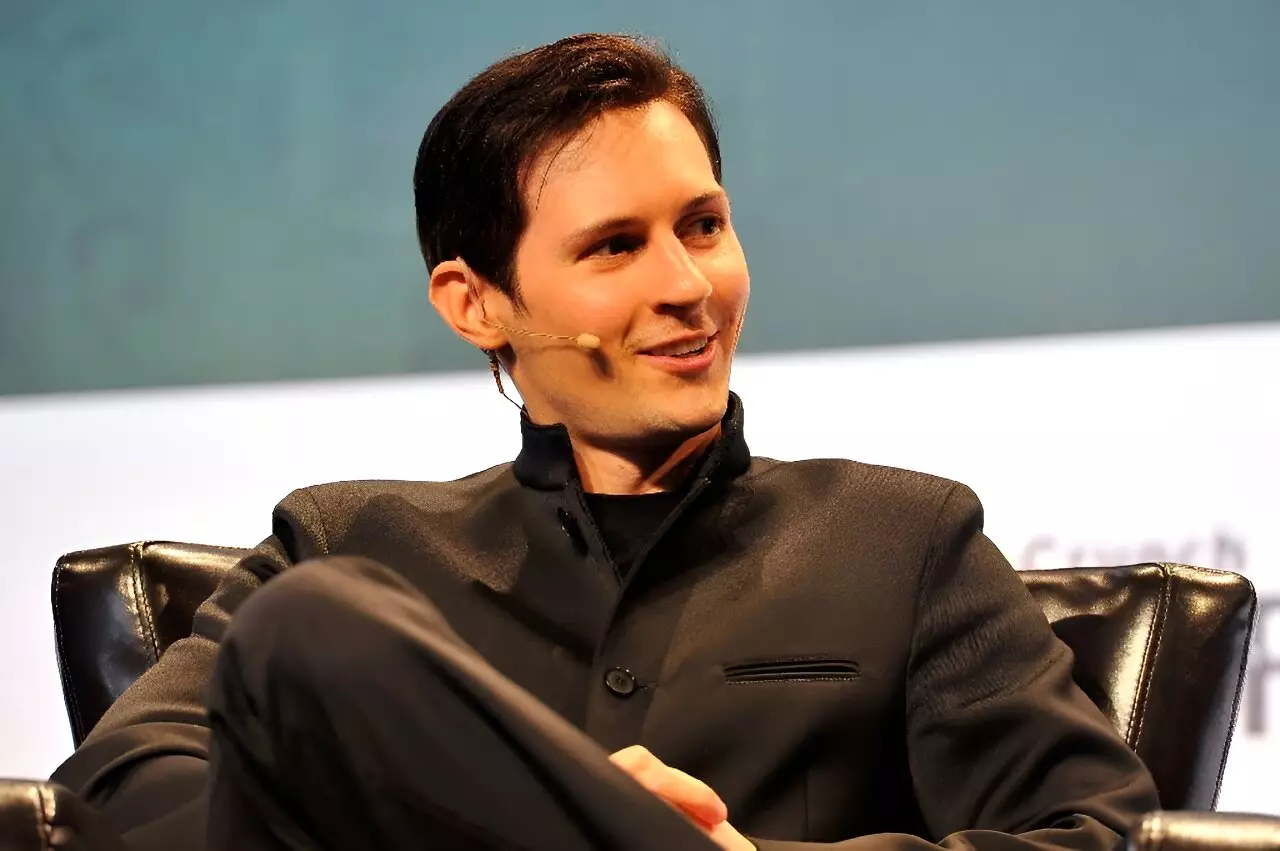Pavel Durov, the founder and CEO of Telegram, has recently found himself at the center of a legal storm following his arrest in France. On August 24, he was detained at Le Bourget airport and faced charges of failing to effectively manage extremist and criminal content on his messaging platform. The developments surrounding Durov underscore the significant scrutiny that modern tech leaders face, particularly those managing platforms that can harbor unlawful activities. With an estimated wealth of $15.5 billion, Durov’s public persona as a supporter of a minimalist lifestyle contrasts sharply with the legal challenges confronting his company.
In response to the rising pressure for accountability, Durov announced on Monday that Telegram has taken decisive actions to remove problematic content from its platform. He revealed that a recent initiative involved using artificial intelligence to review and cleanse Telegram’s search feature, which had been exploited for illicit transactions. “We have combed through Telegram using cutting-edge technology to ensure all problematic content identified in Search is no longer accessible,” Durov communicated to his personal messaging channel’s 13 million followers. This is a clear indication that the company is taking proactive measures to align with regulatory expectations and public safety concerns.
Another significant development is the revision of Telegram’s terms of service and privacy policies. Durov informed users that the platform is now transparent about its readiness to cooperate with law enforcement agencies. This includes sharing users’ internet IP addresses and phone numbers in response to legitimate legal inquiries—a shift aimed at enhancing accountability. Through these changes, Durov emphasized a commitment to maintaining the integrity of Telegram’s vast user base, which counts nearly one billion active users.
Durov’s commitment extends to enhancing moderation within the app, an area that has been the subject of criticism and concern. Following his arrest, he vowed that Telegram would refine its “people nearby” feature to connect users with “legitimate businesses,” as opposed to exposing them to bots or fraudsters. This initiative reveals a strategic pivot that seeks to transform Telegram’s public image from one of negligence to one of responsible moderation.
Durov’s handling of these issues following his arrest reflects a broader drive among tech leaders to foster user safety and adhere to regulatory pressures. As he navigates these challenges while still under surveillance in France—required to report to police twice a week—his actions will undoubtedly set a precedent for platform governance in the rapidly evolving digital landscape. The outcome of these changes not only impacts Telegram’s reputation but also serves as a vital case study for other tech giants striving to balance user privacy with the necessity of curbing criminality within their ecosystems.

